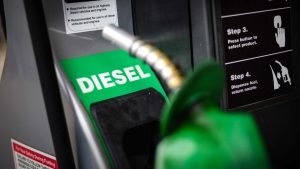The National Bureau of Statistics has initiated rebasing exercises for GDP and CPI to capture Nigeria’s current economic landscape.
The post NBS Begins Rebasing of Nigeria’s GDP, Inflation Estimates To Reflect Updated Economic Conditions appeared first on Arise News.


